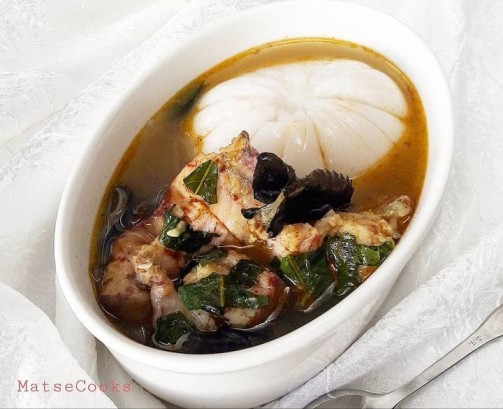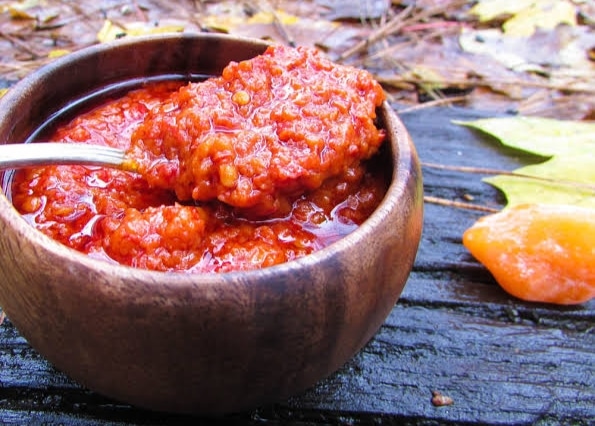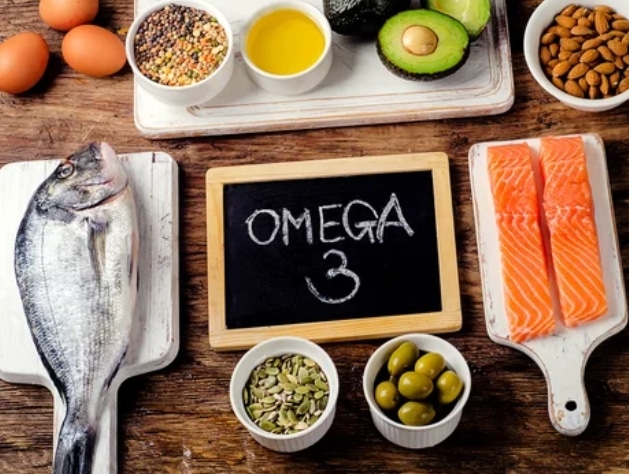Iodine is an essential mineral the body needs. The thyroid gland needs iodine for the production of thyroid hormones, which helps control body metabolism and aids proper bone and brain development.
The lack of iodine could lead to an overactive or underactive thyroid gland, also known medically as hyperthyroidism and hypothyroidism.
Lack of iodine in the body could lead to weight gain, dry hair and skin, constipation, weakness, sensitivity to cold, lethargy, cognitive impairment, and so on.
The recommended daily intake (RDI) of iodine is 150 mcg daily for an average adult. However, for pregnant or nursing women, the recommended daily intake of iodine is higher.
However, the body does not produce any iodine, meaning every iodine the body gets has to come from outside, that is, by eating foods that are rich in iodine. There are also supplements that are rich in iodine.
One of the most common means of consuming iodine is iodized salt, which is salt that has been fortified with iodine. The Recommended Daily Amount (RDA) of iodine is 150 micrograms (mcg).
But in today’s post, our focus would be natural foods that are rich in iodine in Nigeria.
1. Seafoods
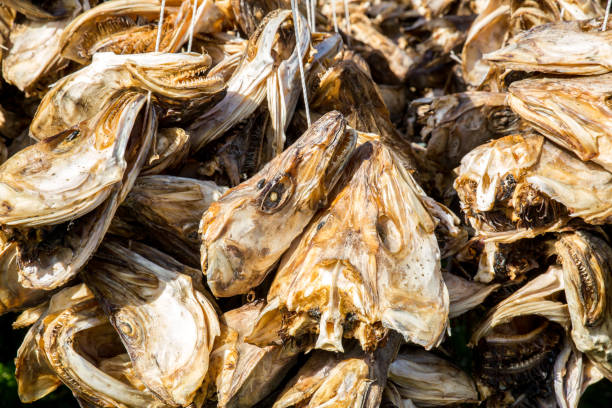
Some seafood like shrimps, crab, tuna, cod (what we call stockfish) and even seaweed, are rich sources of iodine.
These seafood are also rich in other nutrients like selenium, zinc, iron, Omega-3 fatty acids, protein, and so on.
When you eat a serving of seafood, you are supplying your body with a range of nutrients, including iodine.
2. Eggs
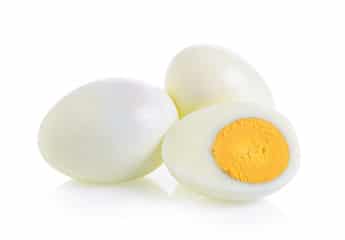
Eggs are considered to be a superfood because they are healthy and loaded with the stuff your body needs, like iodine.
This is in addition to protein, healthy fats, and other minerals and vitamins. The iodine in eggs is present in the yolk.
The iodine present in eggs varies as it depends on the quality of the feed the chicken consumed by the chicken that laid it. But on average, one large egg contains 24 – 26 mcg of iodine.
3. Dairy
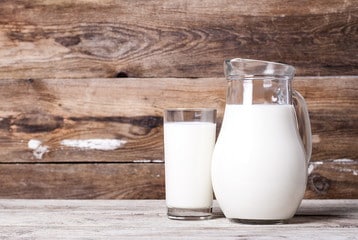
Dairy products like milk, cheese, and eggs, are another rich source of iodine.
One cup of cow milk could contain as much as 85 mcg of iodine, which is more than half your daily need. Although, this largely depends on the cow’s diet and other factors.
Other dairy products you can get iodine from include yoghurt and cheese. A cup of plain Greek yoghurt contains as much as 110 mcg of iodine, which is almost what you need for a full day.
Some common dairy food products available in Nigeria are fura da nono, parfait, Greek yogurt.
4. Iodized salt
Many people around the world get most of their iodine from iodized salt. This is salt that has been fortified with iodine.
What this means is that not all salts are rich in iodine, so you have to be particular about going for salts that are rich in iodine.
You can use iodized salt to cook and do anything you would do with regular salt.
5. Potatoes
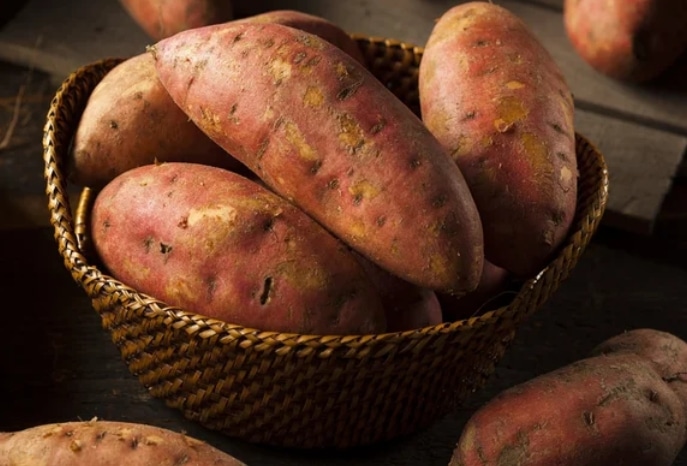
Potatoes are excellent sources of iodine. They are also very readily available and cheap.
When baked or cooked with its skin, potato can supply you with 60/mcg of iodine, which is about 40% of the RDI.
Furthermore, potato is loaded full of vitamin C, potassium, and several other essential nutrients.
6. Turkey breasts

There are not many meat or poultry with high iodine content, however, turkey is especially rich in iodine.
Turkey breasts are the part of the turkey meat which has the highest iodine content.
You can get 23% of the recommended daily intake of iodine from eating turkey breasts.
7. Plantains
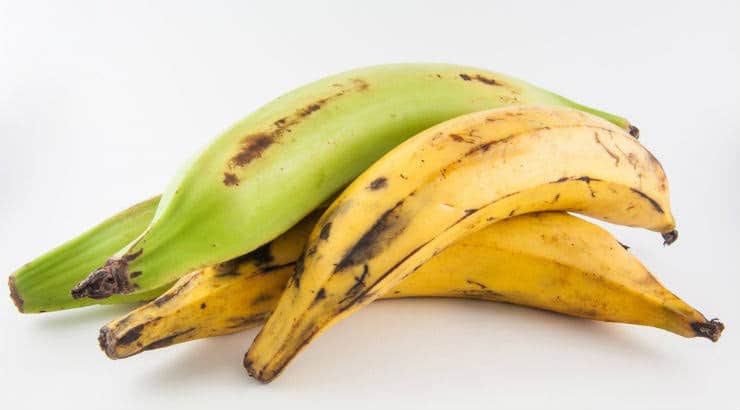
Plantains are also among the Nigerian foods rich in iodine.
In a 2010 study done to evaluate the iodine content is selected fruits and vegetables in Nigeria, plantains wee found to have the highest iodine content.
Another study showed that 100 grams of plantain contained 22.5 mcg of iodine, which is about 15% of the RDI.
Wheat flour and cocoyam were also said to have significant amounts of iodine.
8. Sardines
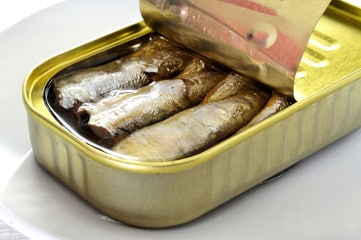
Sardines are one of the most popular foods eaten in Nigeria. They are a canned oily fish that are highly nutritious.
However, sardines are a good source of iodine, and 100 grams of sardines provide up to 48 percent of the required daily intake.
9. Enriched bread
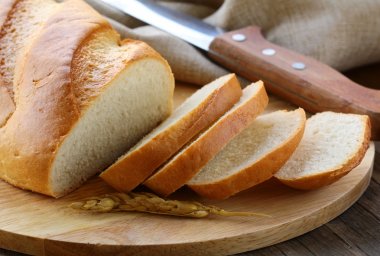
Bread are arguably the most consumed food in Nigeria and are also a decent source of iodine. However, not all types of bread are rich in iodine.
Some bread manufacturers add “iodate dough conditioner” to enrich bread with iodine, similar to how table salt is iodized.
As a result, a single slice of white bread made with an iodate dough conditioner can contain up to 185 micrograms of iodine.
10. Beef liver
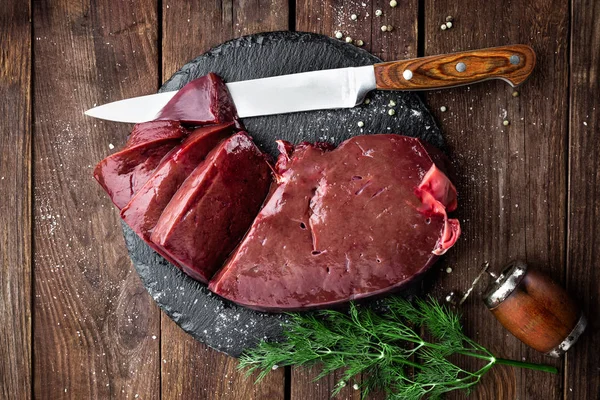
Beef liver is a popular organ meat that is used to prepare a variety of delicious dishes in Nigeria.
Although beef liver is incredibly high in nutrients, it is equally a good source of iodine.
In fact, 100 grams of beef liver contains about 17 mcg of iodine.
Bottom Line
People suffering from iodine deficiency, including pregnant women, can add any of the listed foods to their daily diet to supply their body with what it needs.
Also, care should be taken not to consume iodine in excess as that could lead to another issue, with symptoms like diarrhoea, nausea, and so on.
YOU SHOULD ALSO READ:
- 13 Nigerian Foods That Are Rich In Vitamin E
- 5 Healthy Nigerian Foods for Pregnant Women
- 10 Nigerian Foods Rich In Vitamin C
- 10 Nigerian Foods That Are Easy To Digest
- 5 Healthy Nigerian Alkaline Foods
- 7 Healthy Nigerian Foods for Hypertensive Patients
- 12 Nigerian Foods That Boost Breast milk Production
Collins Nwokolo is a human physiologist, writer and health enthusiast. He loves writing helpful articles on health and fitness, which he enjoys sharing with everyone.
